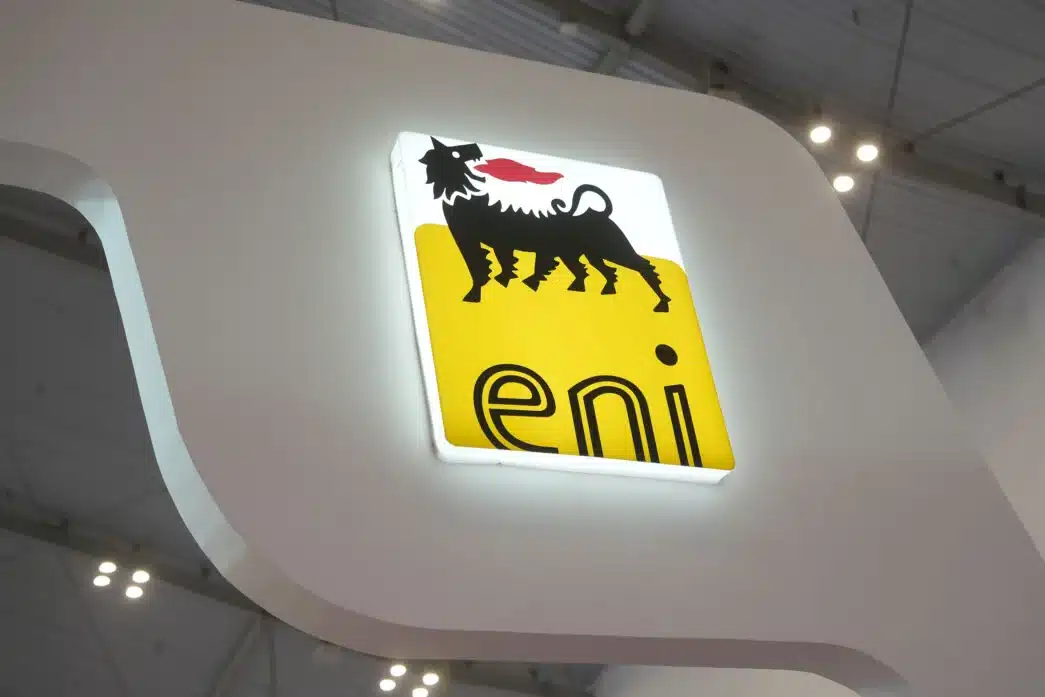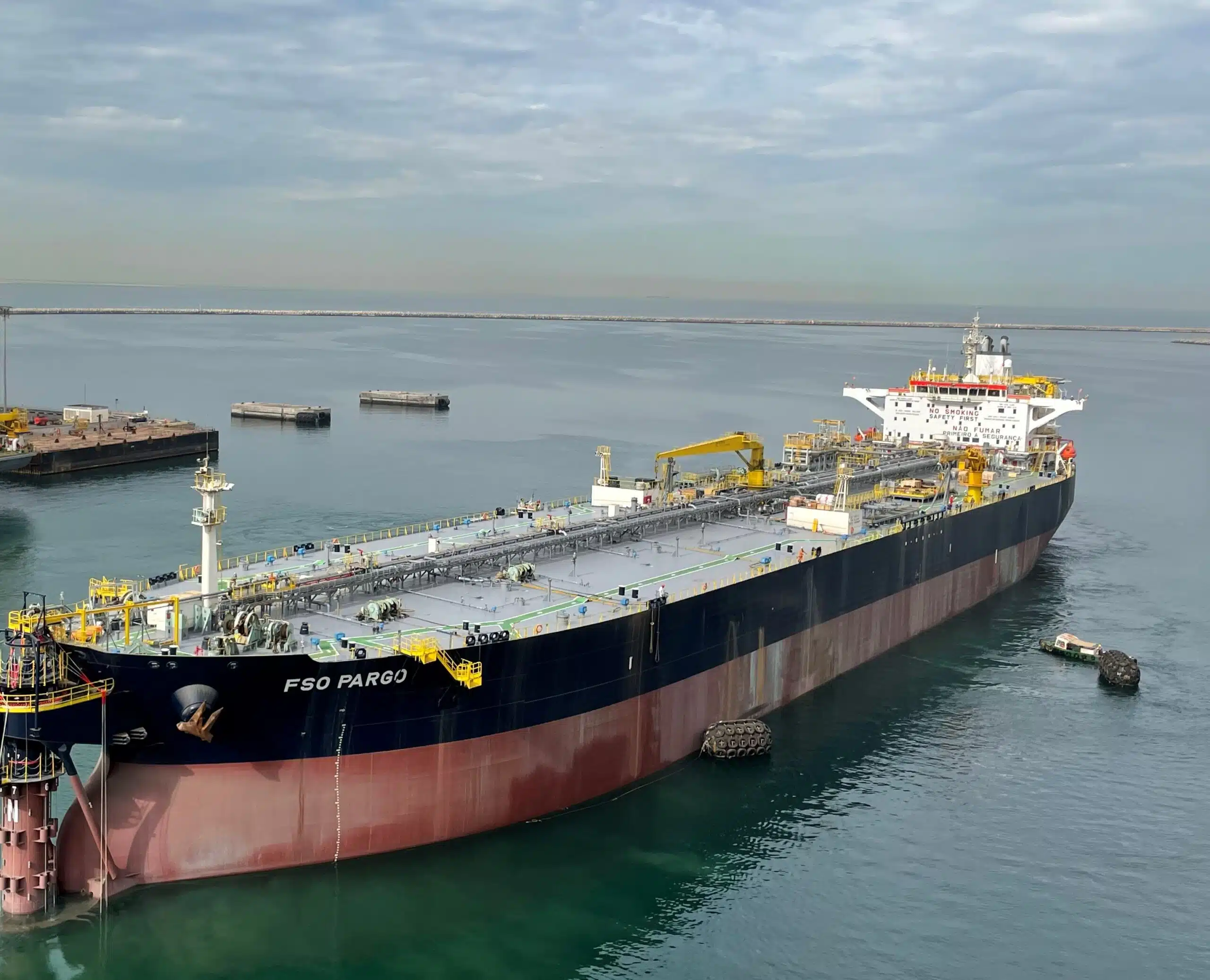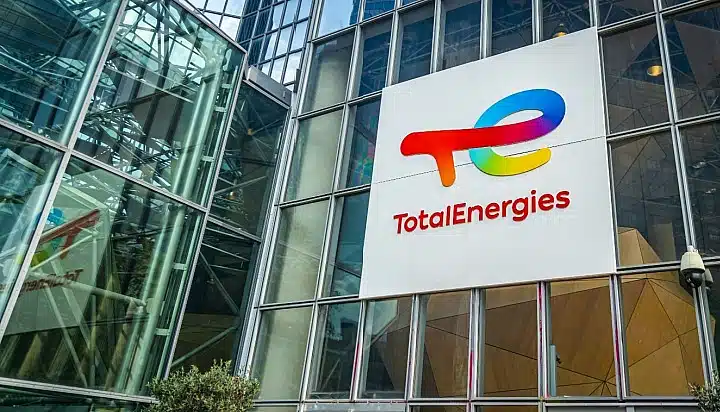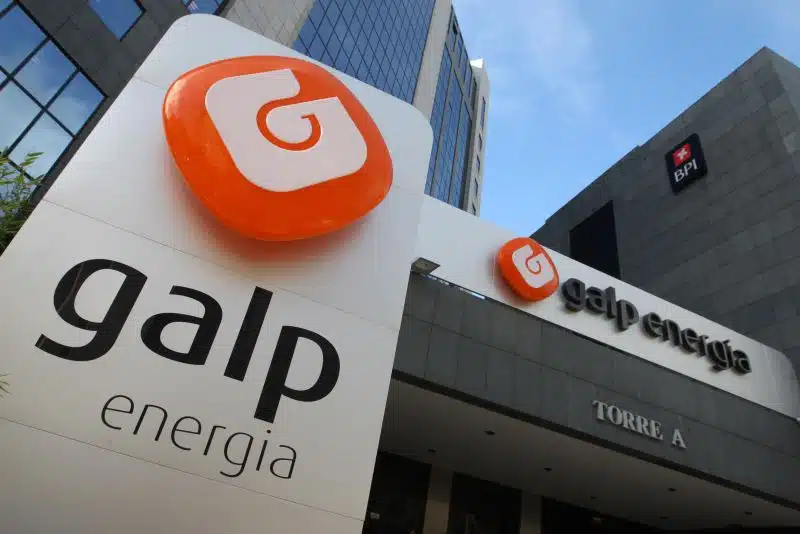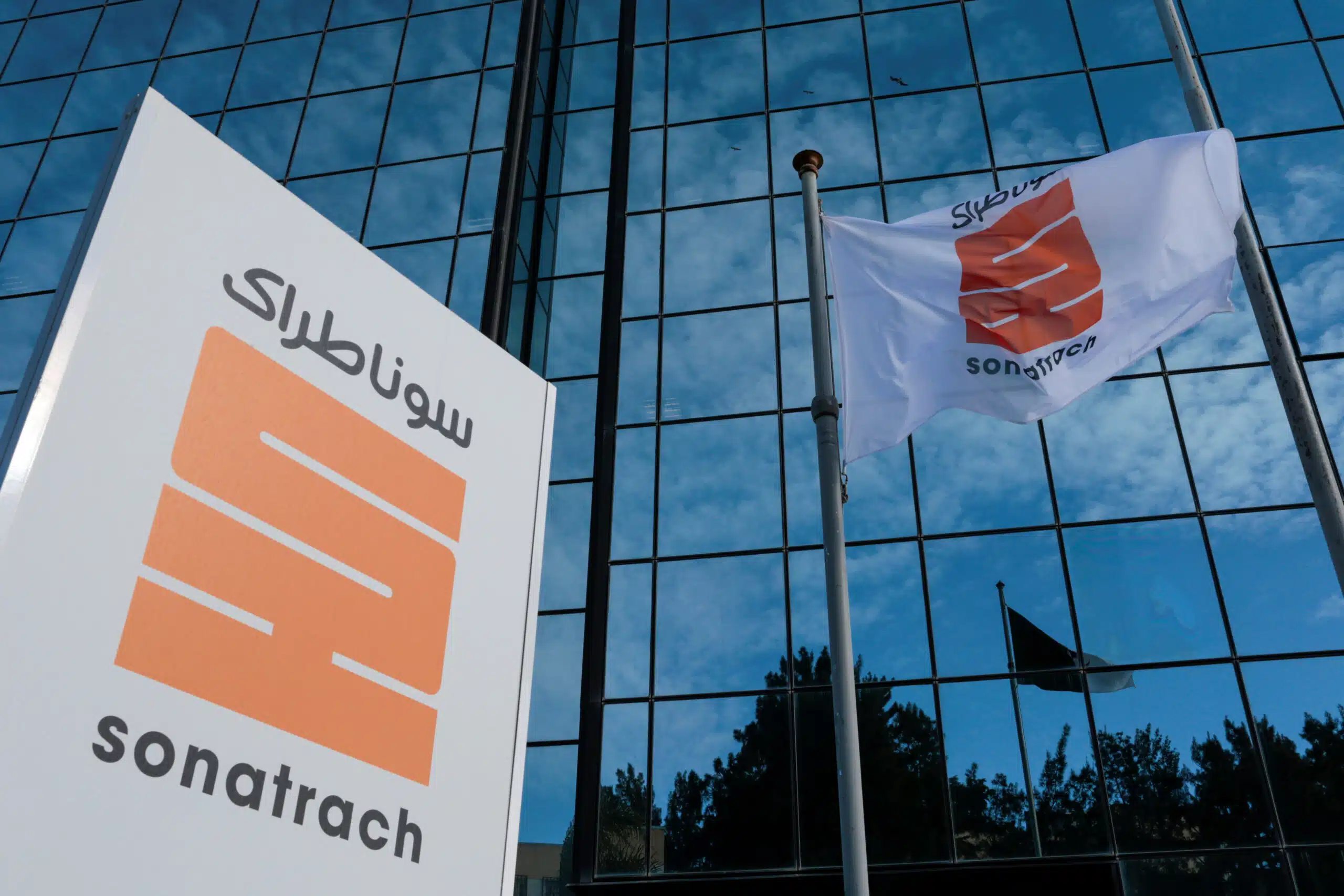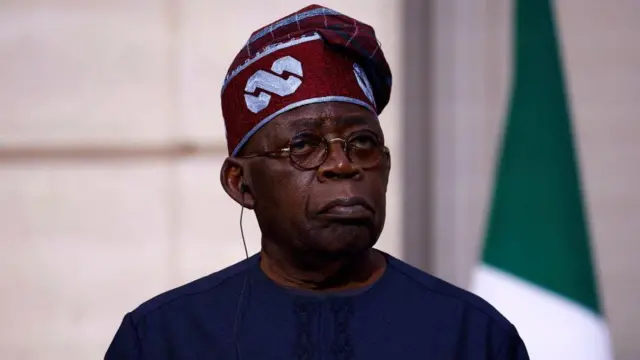The planned resumption of TotalEnergies’ liquefied natural gas (LNG) project in Mozambique could influence ExxonMobil’s final investment decision on a $30 billion gas project in the country’s north, financial rating agency Fitch has stated.
In an analysis seen by Lusa, Fitch Ratings noted that the restart of TotalEnergies’ LNG construction could create momentum for ExxonMobil’s long awaited decision on its Rovuma LNG project, which has been under consideration for several years.
“The resumption of construction on TotalEnergies’ LNG project could facilitate a final investment decision [FID] on a proposed USD30 billion LNG project by ExxonMobil.
“This project would be partly onshore and would contribute to economic growth during its construction stage,” Fitch stated.
ExxonMobil’s project, if approved, is expected to be the largest LNG development in Mozambique, with a production capacity of 18 million tonnes per annum (mtpa), surpassing TotalEnergies’ planned 12.9 mtpa output.
Production from the ExxonMobil led development is anticipated to begin after 2030.
Mozambique’s LNG ambitions amid security concerns
Moreover, TotalEnergies, which leads the Area 1 consortium, is developing an LNG facility in Afungi, near Palma, for gas production and export.
The company’s project was halted in 2021 following a series of violent attacks in Cabo Delgado, which forced the oil giant to invoke the force majeure clause and evacuate personnel from the construction site.
However, preparations are underway for the project’s restart, including finalizing financing agreements.
Meanwhile, ExxonMobil has been advancing its own plans. In October 2024, the company selected US engineering firm McDermott to lead the design work for its Rovuma LNG project.
The consortium, which also includes Italy’s Saipem and China Petroleum Engineering and Construction Corporation, is expected to complete the Front End Engineering Design (FEED) phase this year before making a final investment decision.
“The Rovuma LNG Phase 1 project represents a significant development for the country and provides a major opportunity for economic growth,” McDermott stated.
The project will involve the liquefaction and export of natural gas extracted from offshore fields in Mozambique’s Area 4, located off the Afungi Peninsula in Cabo Delgado.
ExxonMobil, Eni, and China National Petroleum Corporation (CNPC) collectively hold a 70% stake in the Area 4 Exploration and Production Concession Contract.
Security concerns have been a major obstacle for Mozambique’s LNG ambitions. The northern region of Cabo Delgado has faced a wave of insurgent attacks over the past seven years, leading to delays in key energy projects.
However, with increased military interventions and improved security measures, oil and gas companies are regaining confidence in resuming operations.
ExxonMobil’s investment timeline and production expectations
Speaking at an industry event in New York on September 23, ExxonMobil’s vice president for external relations, Walter Kansteiner, mentioned that the company expects to complete the technical design of the Rovuma LNG project within a year.
“We’ve announced our FEED Front End Engineering Design and that takes about a year. So we’re looking forward to progress on FEED over the next 12 or 13 months,” Kansteiner said.
The Rovuma LNG project was initially expected to produce 15.2 million tonnes of gas per year, but ExxonMobil has since revised the estimate to 18 million tonnes.
On May 3, ExxonMobil’s general manager in Mozambique, Arne Gibbs, suggested that a final investment decision could be made by the end of 2025.
“The Rovuma LNG project will be the largest liquefied natural gas project in Africa and could be the largest project in African history,” Gibbs said.
Mozambique has three approved LNG projects aimed at exploiting the vast natural gas reserves of the Rovuma Basin, which is classified among the world’s largest.
While TotalEnergies’ project remains suspended due to security issues, efforts to restart it are underway.
ExxonMobil’s planned development, if approved, could significantly boost Mozambique’s energy sector, attract foreign investment, and contribute to long term economic growth.
However, security concerns and financial negotiations remain key factors in determining when the final investment decision will be made.



